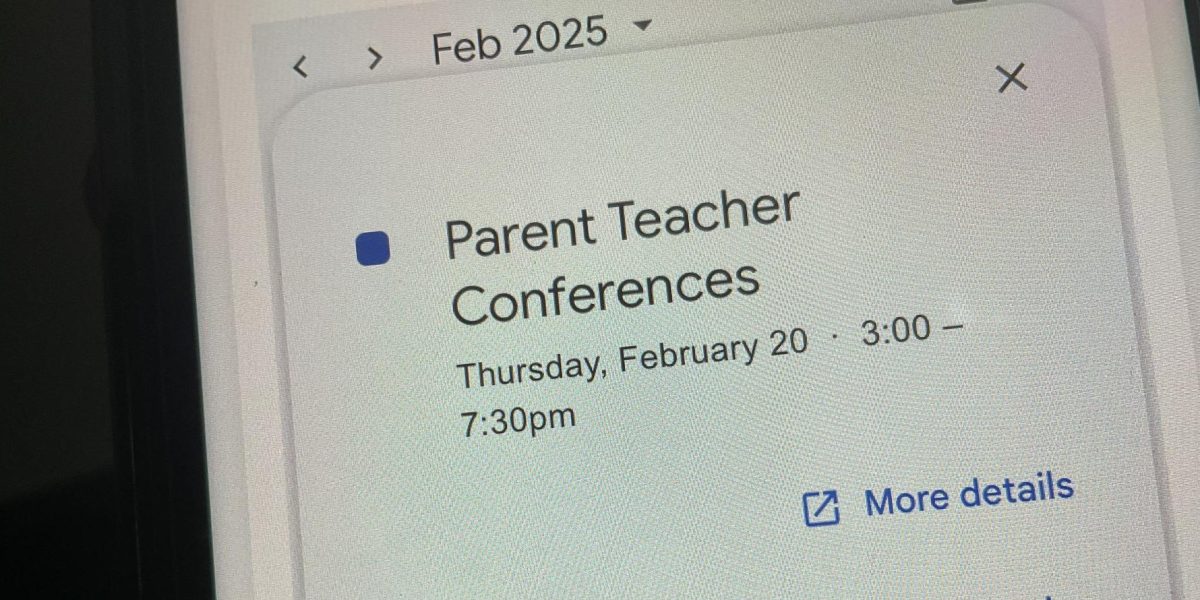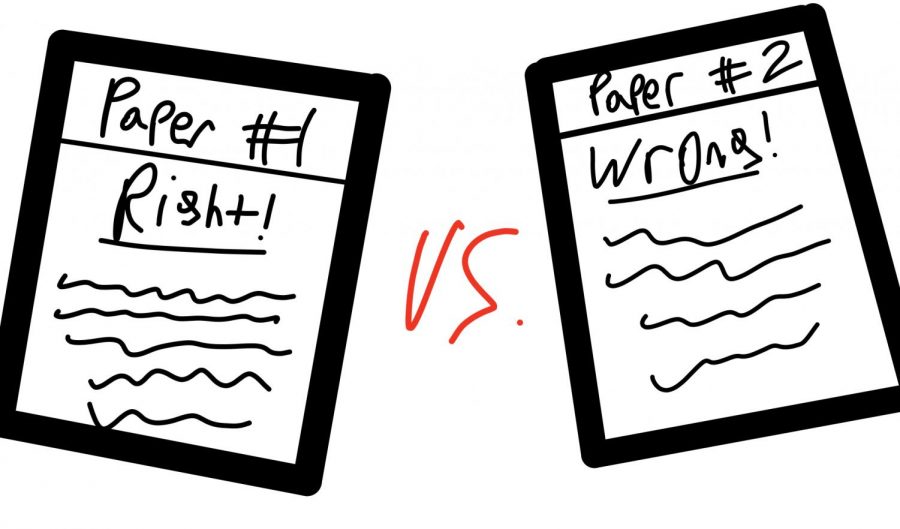How to Trust the News You Are Reading
There is a lot of false information out there, how can you know the truth?
Many outlets will report the same story in several different ways.
May 27, 2021
Imagine for a second you are scrolling through your social media feed, and someone shares a news article, and it says something along the lines of accusing someone of something very bad, or something quite uncharacteristic for the person being accused. You think to yourself, “that can’t be true.” And you were right, this is a prime example of fake news.
A lot of people tune in to the news, or go on a website in order to get their news. But a result of this is a high trust level in major media corporations, and this could be either a good thing, or a bad thing. If it is a trusted source, then it should be fine. However, there are some news outlets who want to either push an agenda, or just mislead people in general.
With the advent of social media, anyone can post anything to the internet at anytime. Mixed with topics like politics, or civil rights, it is a recipe for disaster. There are a lot of malicious people on the internet that can share random news articles with the purpose of spreading misinformation to get more people riled up.
There are also satirical news outlets, who write articles to satirize mainstream media coverage of events in a comical manner, all while presenting itself as an actual news outlet to see who falls for it. This is an example of intentional or humorous fake news.
Now, with all of this new information, there is one question that remains.
How can you trust the news that you are taking in?
There are quite a few ways that you can do this, actually. One of them is to check the author of the article. If the author is a respected journalist with a good track record of writing good stories, then most likely they are a great choice for the article that you are reading.
Another way is to see the actual outlet that is publishing the article. This one is similar to the last one, if they are a respected outlet, and a majority of people agree that they are unbiased or reliable, once again it will be a good option. Also, just do some research. If you research each outlet respectively, then chances are you will find one that you can trust the most.
There are also several websites that lay out what side most common major media outlets are on the political spectrum. This can be used as a basis for making an opinion, and the best options would be ones in the direct center or as much as possible. This one is just another example of doing research.
If you see a random article while scrolling through social media, you can apply these steps to see if the author and outlet is trustworthy or not. If they are, then you can keep reading on, or if you have already read it, take it as fact. If it fails the test, however, you can stop reading, or disregard what you just read as a result.
In addition to this, there is always common sense. If something seems untrue, or just on the borderline of being true or false, you can always do your own fact-checking on anything you read. The only problem that may arise with this, however, is that it may lead to more fake news articles of outlets attempting to do the same thing. This can be combated by finding one of the trustworthy outlets or authors mentioned previously.
In the new age of the internet, it is always hard to determine what is right and wrong, or what is true or false. Luckily for you though, there are many more ways to combat fake and or malicious content on the internet. Some of the things I mentioned above is just the tip of the iceberg when it comes to fake news, but if you are diligent enough, you can find some good news on your own, and be much happier knowing you can trust the things that you are reading.

















































